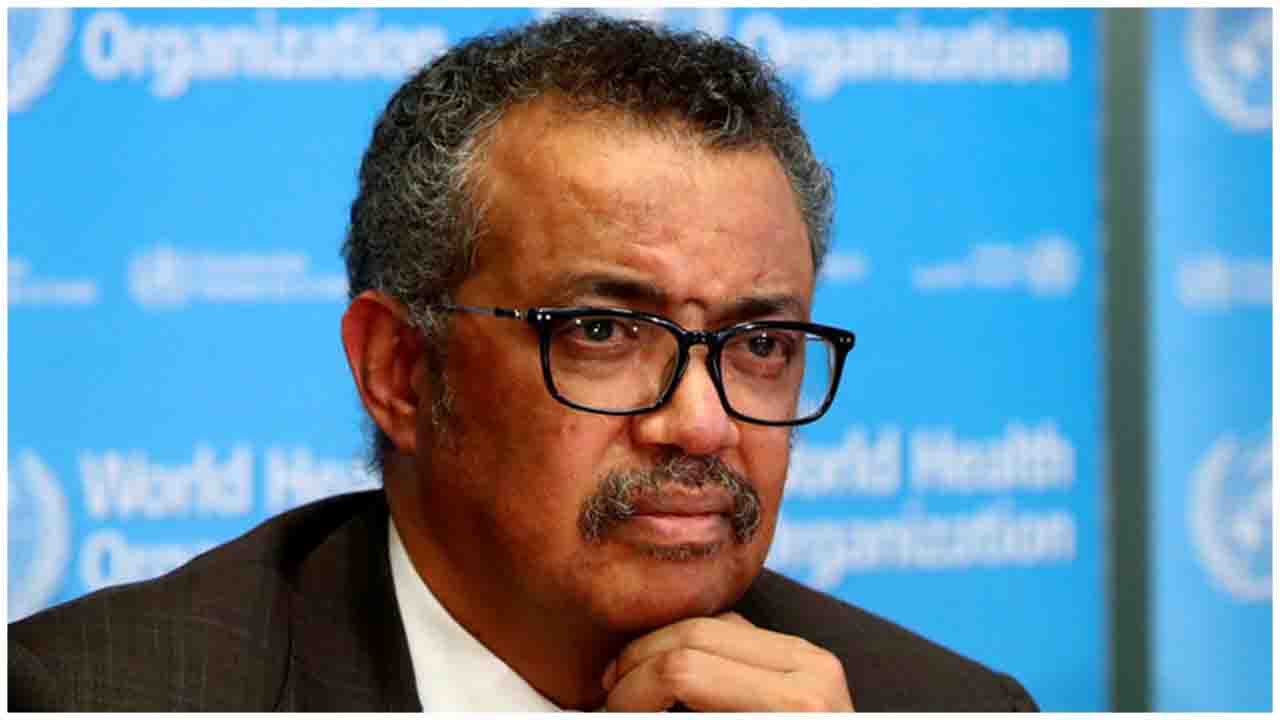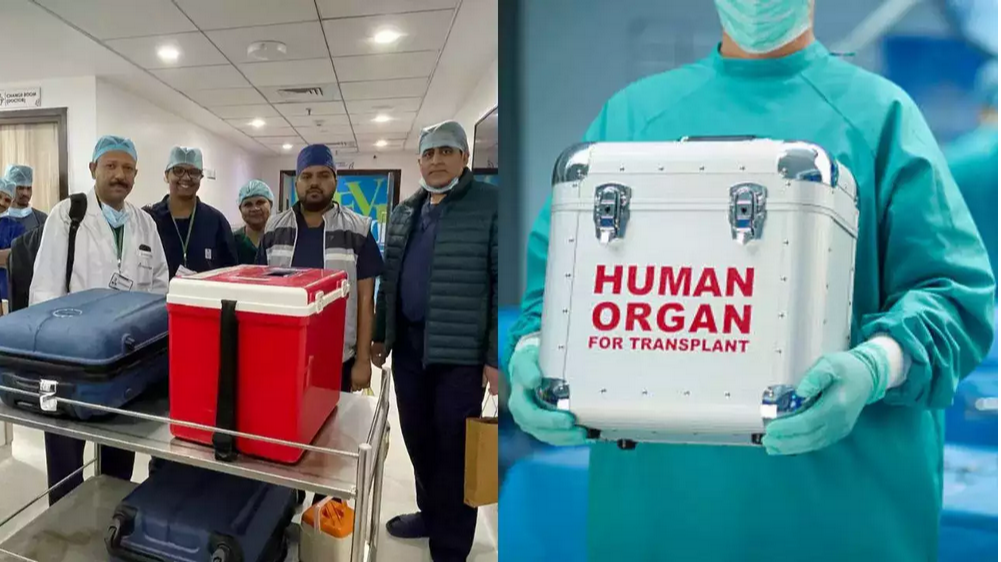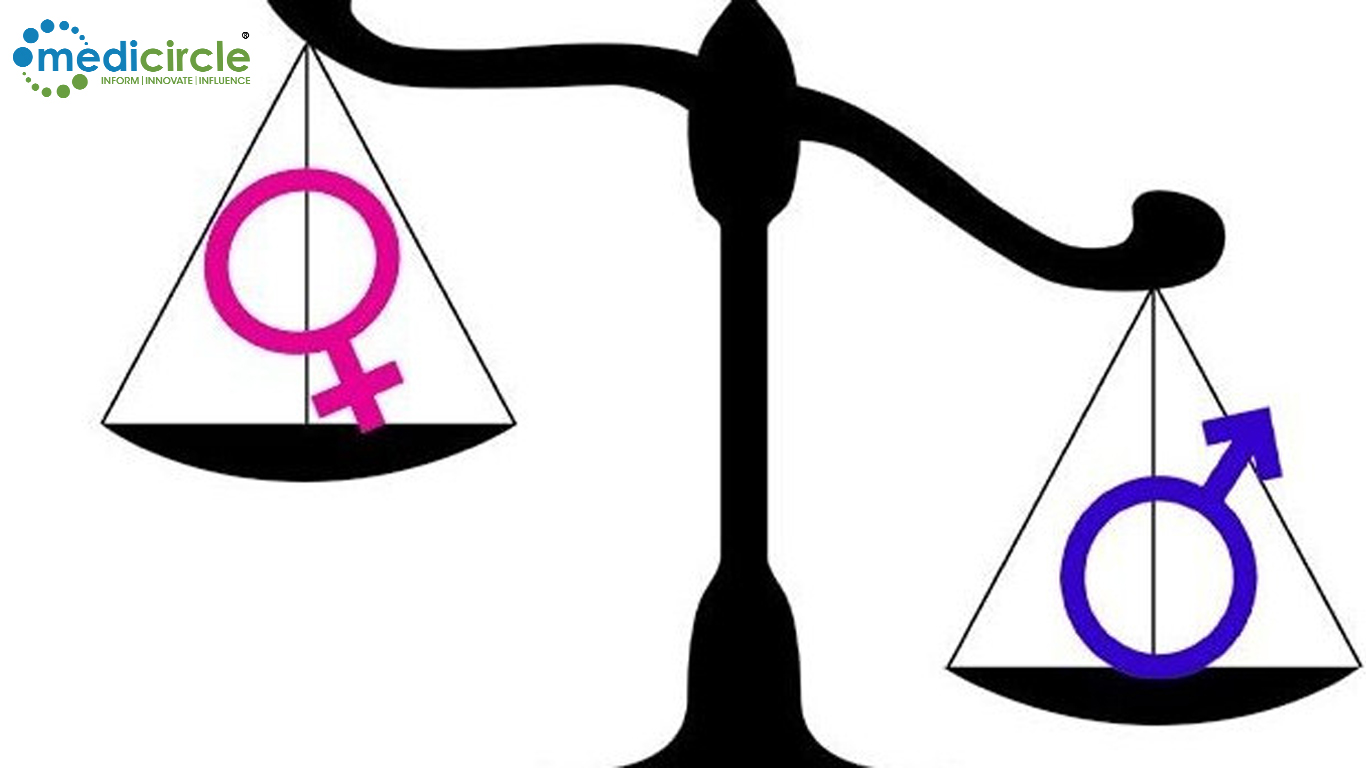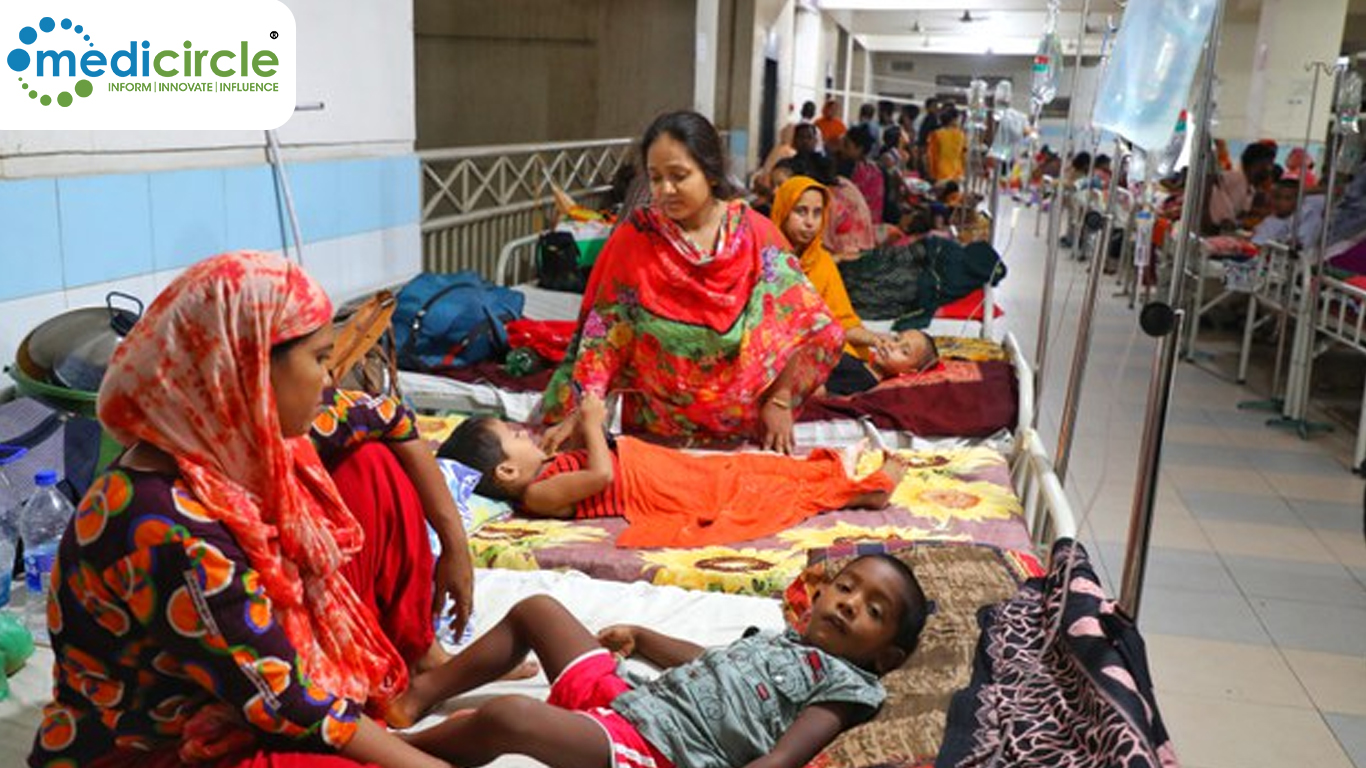World Health Organization Director-general, Tedros Adhanom Ghebreyesus said that WHO will resume its trial of hydroxychloroquine for potential use against the coronavirus, after those running the study briefly stopped giving it to new patients over health concerns. Speaking at an online media briefing he said that WHO experts had advised the continuation of all trials including hydroxychloroquine.
The U.N. agency last month paused its large study of HCQ treatments against COVID-19, in which newly enrolled patients were getting the anti-malarial drug, due to fears of increased death rates and irregular heartbeats.But study of 96,000 hospitalized coronavirus patients and worldwide outcry against WHO for discontinuing the HCQ trial
Currently, the Indian protocols to treat severe coronavirus patients in ICU, recommend a 5- day course. First, a heavy dose of 400mg HCQ (morning & night) on the first day, followed by 200 mg HCQ (morning & night) for the next four days. The total dosage of 2400 mg administered to a patient in 5 days.
Indian officials disagreeing with the WHO's advisory believe that the dosage levels given in the international trials are massive- 800 mg x 2 loading doses 6 hours apart followed by 400 mg x 2 doses per day for 10 days. This makes the total dosage - 9600 mg given over 11 days -about four times higher than the one given in Indian patients.
ICMR officials have found their low dose HCQ protocol to be efficacious enough that has helped the COVID- 19 patients in India to recover quickly. They are of the opinion that there was no reason for the WHO to suspend the trial for safety concern.
The hydroxychloroquine (HCQ) efficacy issue has generated a lot of debate globally as well. The Lancet study is now under severe criticism from more than 180 scientists worldwide for not releasing the data for an independent analysis outside.
The scientific community is furious seeing a poorly written and poorly executed study published in The Lancet that has not only received huge underserved publicity but also created a massive negative impact on the other judiciously planned clinical trials being conducted around the world. More than 100 scientists and clinicians have sent an open letter to The Lancet's editor, Richard Horton, and the paper's authors asking them many uncomfortable questions, but have failed to receive convincing answers from the authors.

 WHO backtracks due to global pressure starts the HCQ trial again
WHO backtracks due to global pressure starts the HCQ trial again










.jpg)
.jpg)








.jpeg)






.jpg)




.jpg)





.jpeg)
